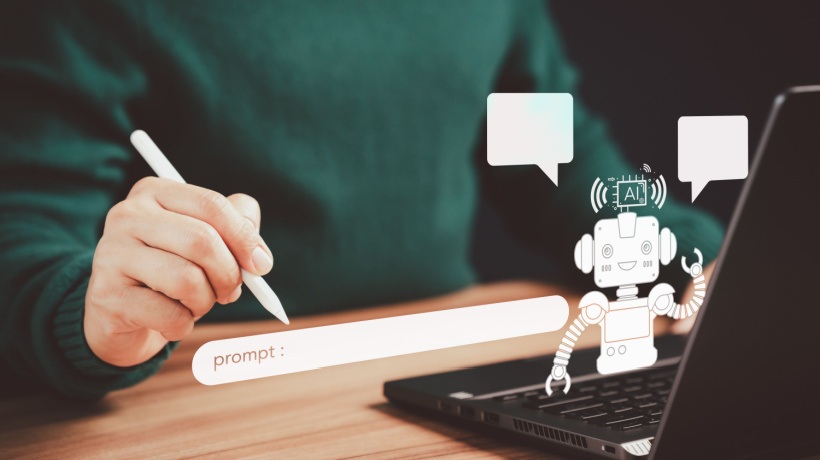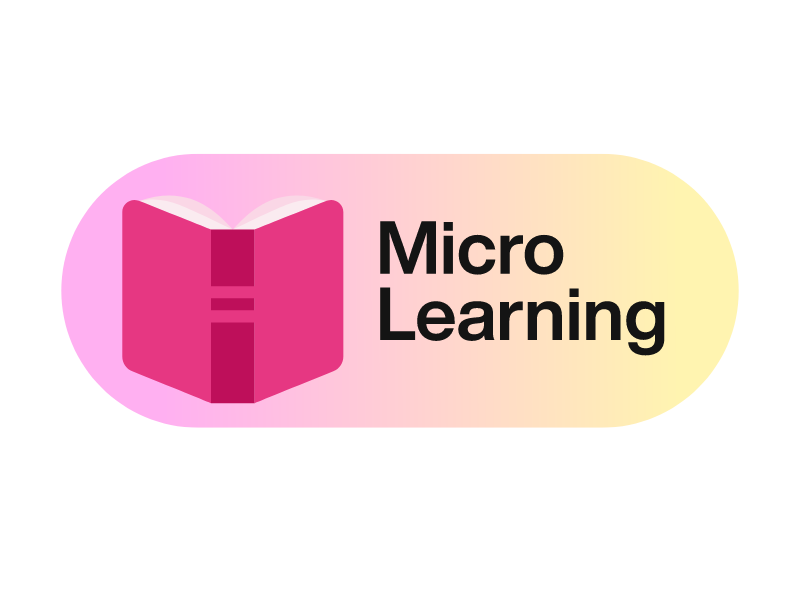Picture this: a student in Lagos or Kano, smartphone in hand, ready for a quick plus-minus ten-minute lesson that teaches how to prompt ChatGPT—or grasp the basics of generative AI (Gen-AI). That’s microlearning: compact, laser-focused learning delivered in small nuggets. According to educational research, microlearning modules—each under 20 minutes and focused on one topic—cut through cognitive fatigue and boost retention, with pass rates rising by as much as 18 percent.
In a world where attention spans are shrinking and content needs to be both fast and meaningful, microlearning aligns perfectly with the demands of teaching Gen-AI concepts. Whether it’s short video explainers, interactive quizzes, flashcards, or scenario-based prompts, this style lets learners absorb and apply complex ideas in manageable doses—without needing to carve out hours from already packed school schedules.
This matters hugely in Nigeria too. As BusinessDay put it: Africa’s youth is impatient for education that’s practical, rapid, scalable. With over 60 percent of the continent aged under 25, bite-sized lessons delivered on mobile devices—think five-minute tutorials or short explainer videos—are not just convenient, they’re essential.

Table of Contents
Bridging the Classroom Divide: Microlearning Meets Gen-AI in Nigerian Schools
We’re not talking hypotheticals—AI, especially Gen-AI tools, are already reshaping learning in Nigeria. In Edo State, for instance, a World Bank-backed pilot used large language models as virtual after-school tutors. Over six weeks, students achieved the equivalent of two academic years’ worth of learning. Indeed, these learning gains—about 0.3 standard deviations—outperformed 80 percent of other education interventions in developing contexts.
Imagine delivering Gen-AI education not through long workshops or dry lectures, but via micro-modules: a five-minute Gen-AI ethics video, followed by a quiz. Or a tiny lesson on prompt engineering, delivered over WhatsApp, then applied right away. That’s the kind of agility microlearning brings: teachers can fit Gen-AI lessons into daily routines, even in schools short of infrastructure.
To illustrate: Nigeria’s average public-school teacher-to-student ratio is about 1:70—far above global norms—and many schools lack basic needs like electricity and connectivity. In such settings, microlearning’s low-bandwidth, offline-capable formats—such as pre-downloaded videos or lightweight text lessons—are practical game-changers.
Plus, Gen-AI tools can generate localised content: quizzes, prompts, explanations in Nigerian contexts. Rather than importing foreign materials, schools could use AI to tailor resources to local culture, languages, even exam syllabi.

Practical Steps: What Nigerian Schools Should Know and Do
- Design micro-modules aligned with Gen-AI learning outcomes
Break down Gen-AI topics—like prompt crafting, ethical use, or AI literacy—into bite-sized units under twenty minutes. Use mixed media (video, text, quizzes) for variety and engagement. - Ensure local relevance and inclusivity
Nigerian schools must adapt materials to local syllabi, languages, and culture—whether through AI tools like uLesson or Schoola’s Curri AI, or teacher-generated content tailored to students’ realities. - Leverage Gen-AI to generate content efficiently
AI can help educators create prompts, quizzes, and explanations via microlearning frameworks that ease strain on teachers. New research suggests tools like ChatGPT can automate microlearning content creation. - Maximize engagement through hybrid delivery
Blend short in-class or after-school Gen-AI prompts with micro-videos delivered via mobile devices. This dual approach is especially effective where full digital infrastructure is lacking. - Pilot and evaluate
Use small-scale programs—like the Edo State pilot—to test impact, refine approach, and expand gradually.
Looking Ahead: Why Microlearning Could Be Transformational for Gen-AI Education
Microlearning’s strengths—scalability, flexibility, retention—make it uniquely suited to introducing Gen-AI in Nigerian schools. Instead of long trainings or lectures, students and educators can access short, focused bursts of learning in busy school days. That means:
- Greater retention and confidence: Bite-sized lessons foster higher confidence and better recall.
- Accessibility for under-resourced areas: Low-bandwidth formats fit power-constrained schools.
- Teacher empowerment: AI-generated lesson nuggets reduce planning load and boost teacher morale.
- Equity: With mobile delivery, microlearning can reach students beyond urban centres.
- Adaptive learning: Modules can be personalised based on performance or pace.
But success hinges on thoughtful rollout: investing in teacher training, infrastructure where possible, and ensuring materials both reflect Nigerian contexts and adapt to evolving technology.

Conclusion
Microlearning offers a flexible approach to Gen-AI education — what schools should know is not just a mouthful—it’s a roadmap. In Nigeria’s diverse and resource-stretched educational landscape, microlearning can deliver powerful Gen-AI know-how in a way that suits both teachers and learners. When done right—with local relevance, smart use of AI, and a focus on equity—this micro-model could help Nigeria leapfrog traditional limits and build a more agile, inclusive future of education.
Join Our Social Media Channels:
WhatsApp: NaijaEyes
Facebook: NaijaEyes
Twitter: NaijaEyes
Instagram: NaijaEyes
TikTok: NaijaEyes
READ THE LATEST EDUCATION NEWS













![Heartwarming Moment: Priscilla Ojo and Son Rakeem Reunite with Juma Jux in Tanzania [VIDEO] Priscilla Ojo](https://naijaeyesblog.com/wp-content/uploads/2025/09/Reunited-Priscilla-Ojo-says-as-she-celebrates-son-Rakeem-one-month-Kemi-Filani-blog-min-768x512-1-1-180x135.avif)


























